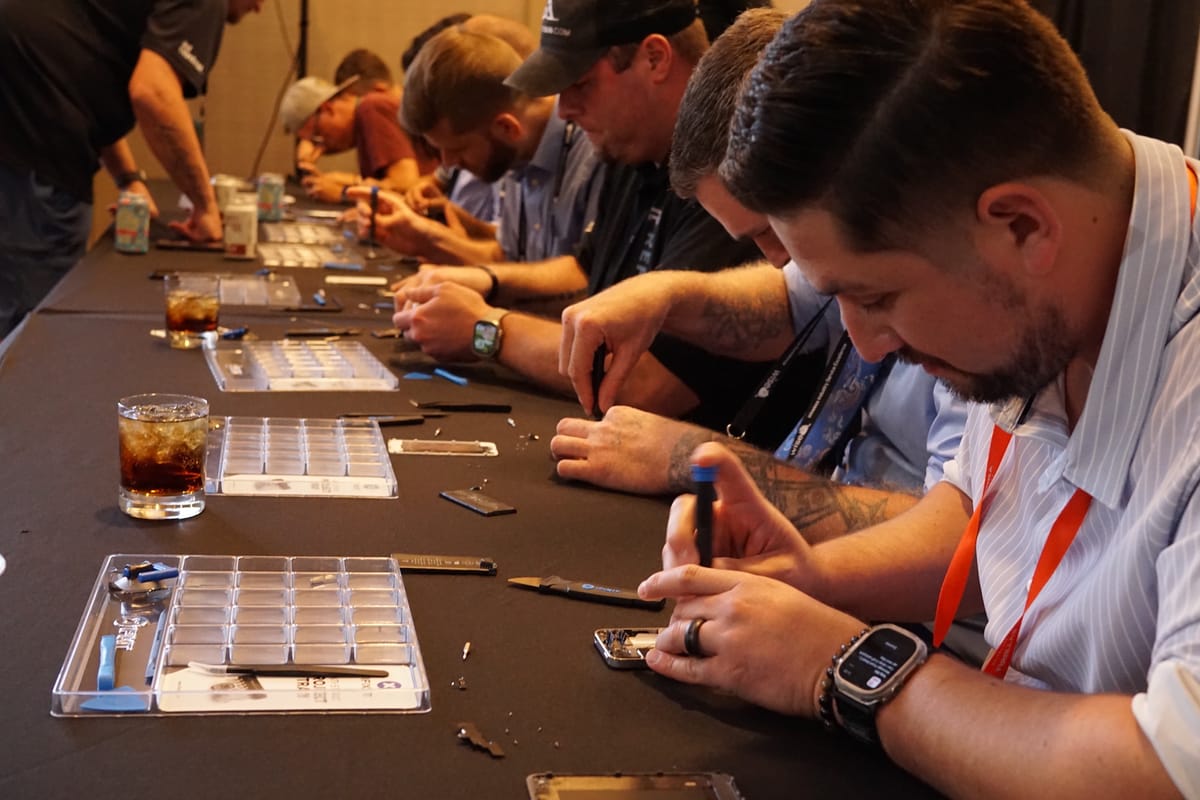

Core technology advantages: integrating seven major features into one
Compared with existing interface technologies, GPMI has seven core advantages: bidirectional multi-stream, bidirectional control, high-power power supply, ecological compatibility, ultra-fast transmission, fast wake-up and full-chain security, leading the comprehensive upgrade of audio and video technology.
“full-chain security”? Sounds like another proprietary tool for DRM. Hard pass. Fuck HDMI, too.











OP specifically mentioned not wanting claws.